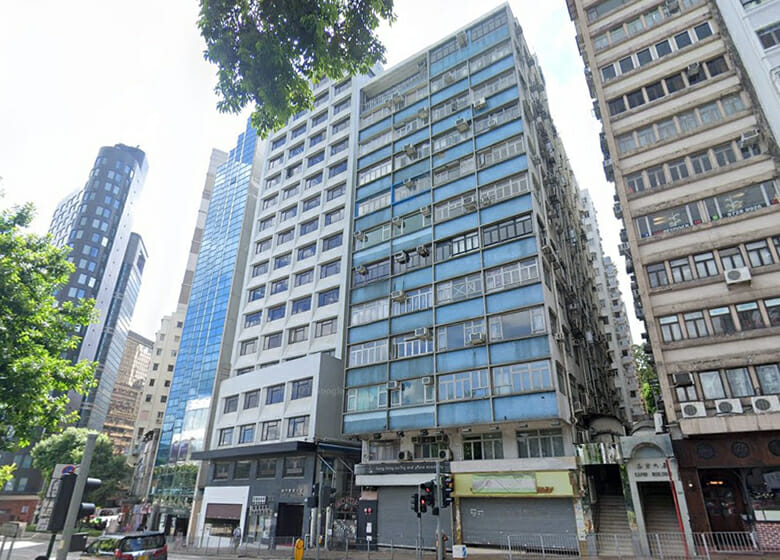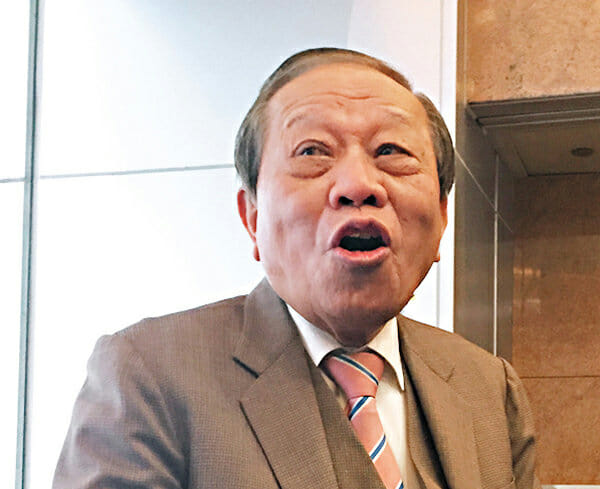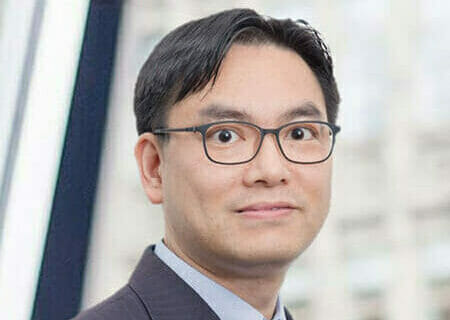
Tai Chi Court will be around for a bit longer
Hong Kong recorded its third-ever unsuccessful compulsory sale just two weeks ago, with the auction for Tai Chi Court in the city’s Tsim Sha Tsui area seeing a buyer walk away from the chance to pick up the commercial property asset after the valuation for the auction far exceeded expectations.
The reserve price for the tender, which had been arranged by a private company controlled by mainland investor Shu Xin, had been set at HK$812.3 million ($104.2 million), valuing the commercial property at 132-134 Austin Road at approximately HK$12,441 per square foot of floor area.
Shu, who is known for his bets on Hong Kong luxury property, had purchased ownership of more than 80 percent of the 1966-vintage asset in one of Hong Kong’s busiest retail precincts from since deceased “shop king” Tang Shing-bor in 2019 for around HK$450 million according to sources familiar with the transaction.
Since that time the investor had expanded that holding to 85 percent of the property on Austin Road, which estimates from when the previous owner had first filed for the compulsory sale in 2019 had valued at HK$534 million.
Waiting On TST Tower
Shu had purchased the majority ownership in Tai Chi Court from the family of Tang Shing-bor in August of 2021, after the since-deceased property magnate had already applied for the sale in 2019 as the city was gripped by street protests.

The remaining retail units in Tai Chi Court are said to be owned by “Minibus King” Ma Ah-muk
That sale application was approved in December of last year, only to have the mainland speculator decline to push forward with the acquisition of the remaining street level retail units in the property after having arranged the 28 January auction.
Should Shu have acquired full ownership he would have been lined up to build a 65,292 square foot (6,065 square metre) commercial building in the popular shopping destination, reaching as high as 21 storeys.
“The project lies within an area zoned for commercial use under the relevant outline zoning plan,” said Alex Leung, senior director at CHFT Advisory and Appraisal, adding that valuation experts at the trial had noted that a composite retail and office block could be built on the property.
With the sale now shelved, the 5,441 square foot site just three minutes’ walk east of the Jordan MTR station will remain home to the current 56-year-old commercial and residential building occupying the site, until Shu or another owner tries again to take full control of the asset. The compulsory sale would have allowed Shu to purchase ground floor retail units which are said by local news reports to be owned by Ma Ah-muk, a local tycoon known as the Minibus King for having made his fortune in the city’s local transport industry.
”We anticipate that the majority owner would re-apply for the compulsory sale and aim for a lower base price for the auction,” said Vincent Cheung, managing director at local brokerage Vincorn Consulting.
Frequent Buyer
Shu, who made his fortune as chairman of Hubei-based petrochemical product manufacturer Jinao Science & Technology Hubei Chemical, has become a significant investor in Hong Kong property since making waves in 2019 with his purchase of a pair of homes in Wheelock and Nan Fung’s Mount Nicholson luxury project on the Peak for a combined price of more than HK$870 million.

Alex Leung of CHFT Advisory and Appraisal
In June of last year Shu reportedly returned to Mount Nicholson to pick up three parking spaces at the project for a combined HK$27.3 million.
The Jinao chairman in recent years was also linked to reported attempts to game Hong Kong’s preferential treatment for first time property buyers by transferring his interest in recently acquired properties to company directors before purchasing further units, according to local media reports.
Slow Recovery
Shu’s decision to walk away from the compulsory sale, which was managed by Cushman & Wakefield, can be attributed to the price which the transaction set for the remaining retail units in the property. The valuation may not be aligned with the current situation in Hong Kong, where the retail market continues to struggle, according to CHFT’s Leung.
The analyst further noted that the city’s declining office leasing environment, particularly in the Tsim Sha Tsui area, may also have made the property’s valuation more challenging, with investments in Hong Kong office assets in the fourth quarter of 2021 sliding to a yearly total of HK$20.9 billion in the fourth quarter, which was a 36 percent drop from the same period a year earlier and the lowest figure since 2011, according to CBRE.
Leave a Reply